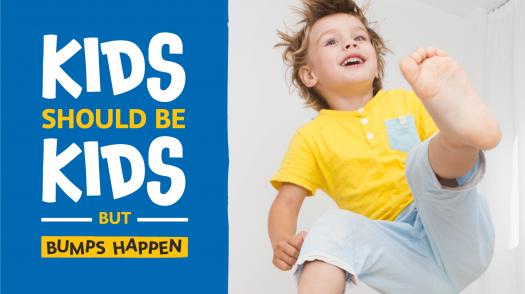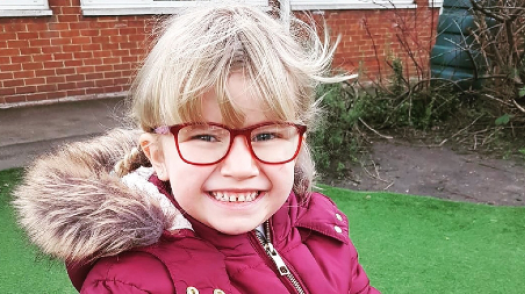On this page:
Living with an acquired brain injury
Sometimes a child who has suffered a concussion will develop a number of symptoms that last weeks, months or possibly longer. This is called post-concussion syndrome (or persistent post-concussion symptoms) and can lead to significant challenges for a child – below we provide some tips with dealing with these challenges in the longer term.
Symptoms of post-concussion syndrome
If a child has suffered from a concussion and has been having some lasting difficulties or ongoing effects, they could possibly have post-concussion syndrome.









